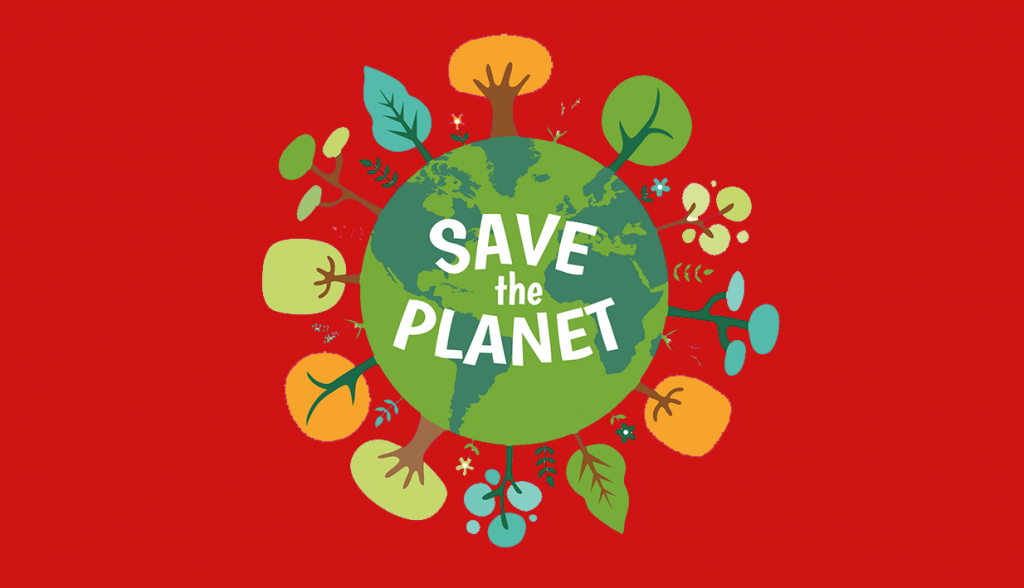Anand Damani of the Huffington Post has suggested that in order for the world to begin making a real impact on the reversal of climate change, we need to make some serious changes to the way we present the public with information. He suggests that the term ‘climate change’ is in itself part of the problem.
‘Change’ does not produce the sense of immediacy that say, disaster or catastrophe would, and yet the affects of climate change are not a thing of the future but are right here and now.
January 2017 recorded the third highest temperatures globally since 1880, topped only by 2007 (second highest) and 2016 (highest). In fact the entire of 2016 was the warmest year globally of the 137 years on record and it seems likely 2017 will land somewhere in the top 5 with last month seeing unprecedented temperatures around Europe. In Portugal 64 people died as a result of forest fires brought on by the hot weather.

Damani has suggested that including more prompts in day to day life would allow the public to consider their choices, and the impact they may have, more carefully. There are already rating systems in place when it comes to buying household appliances based on the affect they’ll have on the environment and households are subject to energy efficiency ratings.
However, as Damani points out we aren’t including these sorts of ratings on products like food. This seems like a pretty poor global oversight when you consider the proportion of greenhouse gases that animal agriculture is responsible for globally. In fact, raising animals for human consumption is amongst the top causes of global climate change. This isn’t surprising when you consider that 51% of all greenhouses gases emitted globally are due to livestock and their byproducts and this number is only set to increase by 2050 if the public don’t start changing their eating habits.
So if we have all this information why is it that meat and dairy are so easy for the public to consume? Surely, the fact that the animal agricultural industry emits more greenhouse gases than the entire transport industry would mean that governments would be focusing on a greener eating campaign? In fact, despite the Paris Agreement’s aim to combat global warming, there was no mention of animal agriculture at all at the Paris Climate Conference in 2015.

Perhaps altering the name to ‘climate disaster’ is needed more for our representatives than the general public. Statistics are proving that the number of people making a shift towards a plant-based diet is increasing and seemingly without a helping hand from those in charge.
Maybe, it is simply too easy to continue to hide the truth about the environmental impacts of our lifestyles? Certainly it seems feasible that convincing the general populous to buy a different car is easier than convincing them to never eat meat again. After all cars have only been widely available for just over 100 years and it’s believed humans started eating meat around 2.5 million years ago.
But with an ever growing population and farming becoming a more and more intensive process, responsible for large areas of deforestation and pollution, governments need to make it a priority to understand the main causes of climate change and act with much greater haste than they appear to be.
So, yes perhaps the world would benefit from referring to climate change as climate disaster but we are unlikely to see this move from the top down. All we can do for now is continue to spread the facts around animal agriculture and hope social media, documentaries such as Cowspiracy, and news sites continue to inspire people to make real changes in their life because if we leave it up to world leaders then we might all end up roasting.


